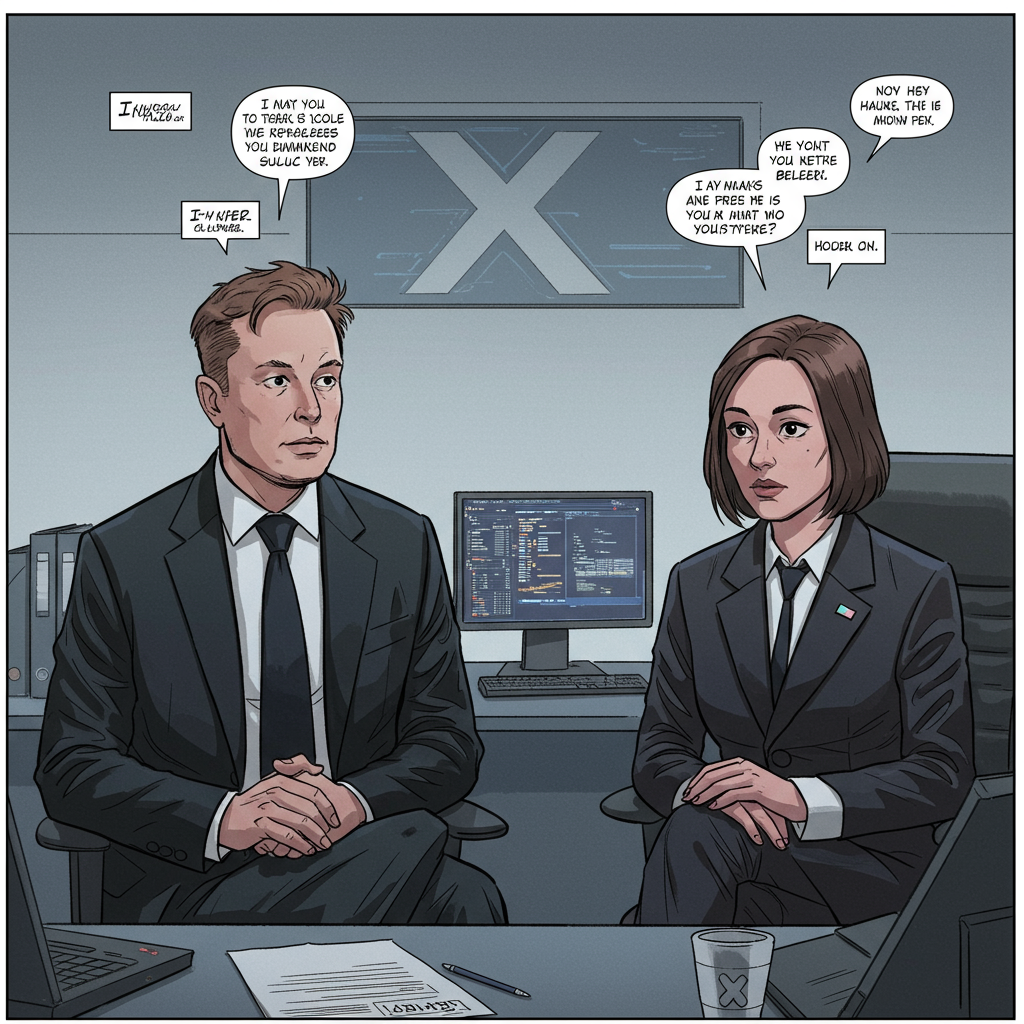Pittsburgh, PA – A landmark deal for American industry is set to move forward. President Donald Trump has formally approved Nippon Steel’s planned acquisition of U.S. Steel, a transaction valued at nearly $14.9 billion. The approval came via an executive order signed Friday, June 13, 2025, contingent upon Nippon Steel complying with a specific “national security agreement” required by the U.S. federal government.
This decision follows a challenging 18-month process marked by significant political scrutiny, opposition from labor unions, and multiple national security reviews across two administrations. The Committee on Foreign Investment in the United States (CFIUS), which reviews foreign investments for security risks, had found “credible evidence” that the deal could impair national security. However, the executive order concluded that these risks could be “adequately mitigated” through the mandated agreement.
Key Provisions of the Security Agreement
While the full terms of the national security agreement were not immediately disclosed publicly, joint statements from Nippon Steel and U.S. Steel, along with reports from officials, outlined several crucial commitments:
Massive Investment: Approximately $11 billion in new investments are pledged by Nippon Steel into U.S. Steel’s operations by 2028. This includes funds for a “greenfield project” (new construction) and specific allocations like $2.2 billion to boost steel production in the Mon Valley, $200 million for a research and development center with Carnegie Mellon University, and $7 billion for facilities in other states (Alabama, Arkansas, Minnesota, Indiana). Some reports indicated a total investment commitment closer to $14 billion, potentially including an additional $3 billion for a new mill after 2028.
American Governance: The agreement reportedly requires an American CEO, a U.S.-majority board of directors, and the implementation of a “golden share.”
“Golden Share” Veto Power: A key element designed to safeguard U.S. interests, the golden share grants the U.S. government veto power over critical decisions concerning U.S. Steel, specifically intended to ensure production levels are maintained and national security interests are protected. President Trump had previously claimed this would give him “total control” over U.S. Steel’s actions, though the bid is for a 100% acquisition by the Japanese company.
Regulatory Clearances: The companies confirmed they have completed the U.S. Department of Justice review and obtained all necessary regulatory approvals, paving the way for the transaction to finalize promptly once the security agreement is executed.
Local Impact and Reactions
The news was met with significant relief and celebration among local officials and communities in Western Pennsylvania’s Mon Valley, a historic hub for U.S. Steel operations.
Clairton Mayor Rich Lattanzi, a former U.S. Steel employee, described the approval as a “blessing” and a moment of history. He noted the long, complex process and highlighted his involvement, along with other mayors, in advocating for the deal. Lattanzi praised Nippon Steel’s commitment to investment, preserving “good-paying jobs,” and promising “environmental improvements,” emphasizing the positive impact on the local tax base crucial for towns like Clairton.
West Mifflin Mayor Chris Kelly recounted the process as an “unbelievable roller coaster” with numerous roadblocks. Despite mayors having limited formal power, he noted their efforts in hosting meetings and supporting the deal through various channels. Kelly characterized the acquisition as potentially the “single largest investment in commonwealth history” and estimated its potential to save and create approximately 100,000 jobs, with specific estimates of saving over 11,000 existing Pennsylvania jobs and supporting the creation of at least 14,000 new ones in the state. He also spoke highly of the professionalism displayed by Nippon Steel leaders throughout the process.
Union leaders, who had previously voiced opposition, were reportedly “ecstatic” and relieved following the finalization.
Political Context and Hurdles
The path to approval was fraught with political challenges. Both former President Joe Biden, a Democrat, and President Trump, a Republican, had initially expressed opposition to the deal, influenced partly by concerns over job losses under foreign ownership and the significance of U.S. Steel’s headquarters in the swing state of Pennsylvania.
In January, the Biden administration had blocked the deal citing national security concerns, a decision contested by the companies who alleged an unfair review, suggesting political motives related to the upcoming election and support from the United Steelworkers union.
However, the steel companies saw a renewed opportunity with the change in administration. Following a new 45-day national security review, President Trump ultimately shifted his stance, culminating in Friday’s executive order. Trump had previously hinted at his support, describing Nippon Steel as a “great partner” and blessing an “investment” at a rally held at U.S. Steel’s Irvin Works in May. Nippon Steel Vice Chairman Takahiro Mori had attended the rally, expressing respect for U.S. Steel and thanking Trump for his support.
Despite the eventual approval, some uncertainty lingered, highlighted by moments where statements from Nippon Steel executives regarding “management freedom” appeared to contradict Trump’s claims of “total control,” causing fluctuations in U.S. Steel’s stock price.
Forward Look
With regulatory and national security hurdles cleared, the $14.9 billion acquisition is poised for finalization. The companies have expressed gratitude to President Trump and his administration, reaffirming their commitment to leveraging the partnership to “make American steelmaking and manufacturing great again” through significant investment and operational enhancements.
The Japanese government also welcomed the decision, viewing it as a move that will enhance innovation and strengthen the partnership between the two countries’ steel industries. For Nippon Steel, the deal offers strategic benefits, providing crucial access to the U.S. market, avoiding tariffs, and supporting its global growth strategy in high-grade steel amidst global trade tensions. For U.S. Steel, the takeover is seen as vital for securing necessary long-term investment.



